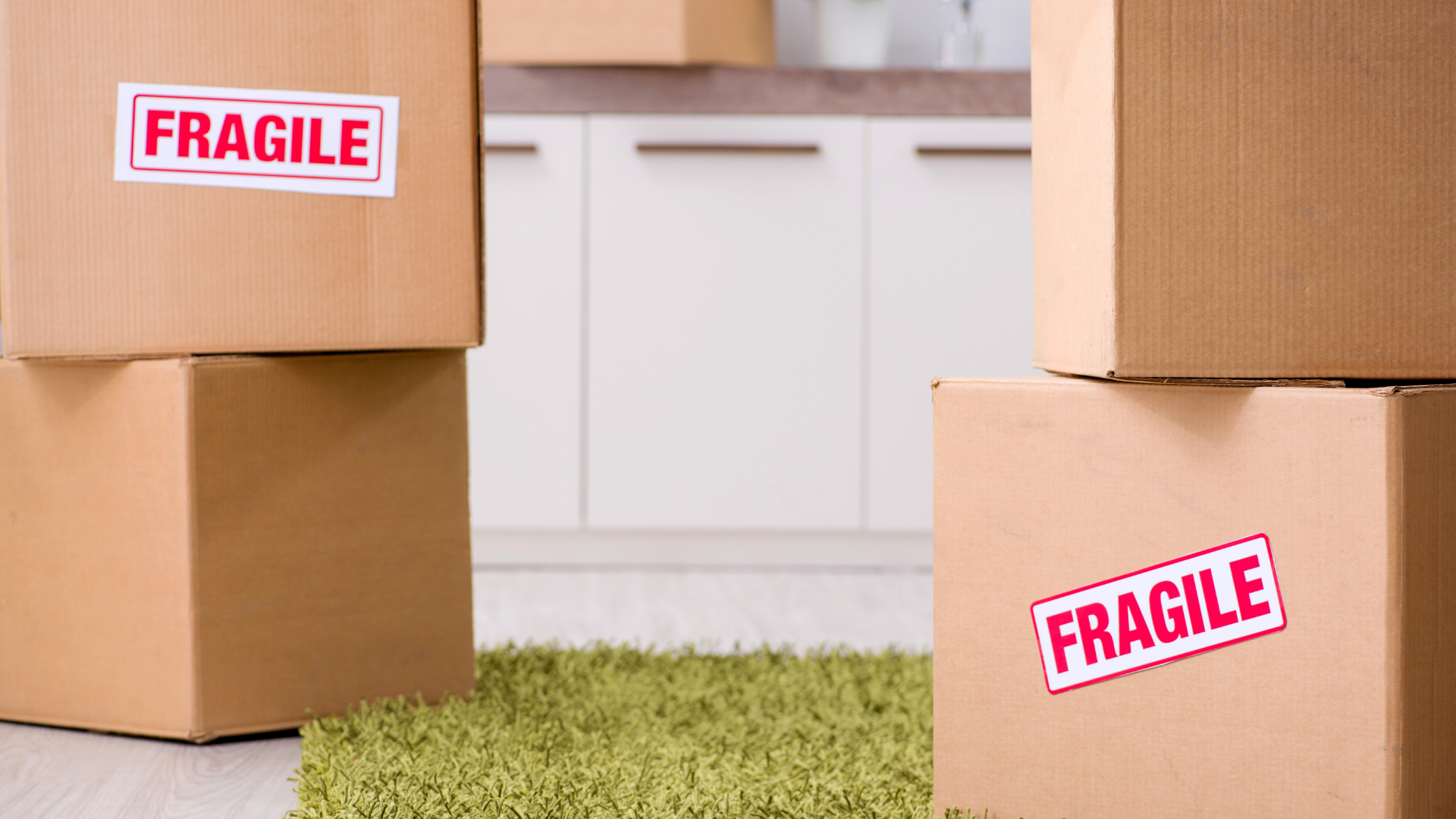Cracking the Code: What Movers Won't Move, Simplified by Caddy Moving

Moving to a new home is an exciting adventure, but it can also be a stressful process. Hiring professional movers can alleviate some of the burdens, but it's essential to know that not everything can be packed and transported. In this guide, we'll explore the world of "What Movers Won't Move" with a friendly tone, providing valuable insights for a smooth transition. Whether you're a first-time mover or a seasoned pro, understanding these guidelines will help you plan ahead and ensure a hassle-free moving day.
Section 1: Understanding Movers' Policies
Professional movers operate under certain regulations and guidelines to ensure the safety of your belongings and their team. Before diving into what movers won't move, it's crucial to understand their policies and restrictions. These policies may vary from one moving company to another, but some common items are universally restricted.
1.1 Fragile and Valuable Items:
Movers typically won't transport extremely fragile or valuable items like jewelry, cash, important documents, or family heirlooms. It's recommended to keep these items with you during the move to guarantee their safety.
1.2 Hazardous Materials:
Safety first! Movers cannot transport hazardous materials, including propane tanks, paint, chemicals, and other flammable substances. It's essential to dispose of these items properly or make alternative arrangements for their transportation.
1.3 Perishable Items:
Food items that can spoil or perish during transportation are generally on the "won't move" list. Consider using up perishable items or donating them to a local food bank before your move.
Section 2: Common Items Movers Won't Move
Now that we've covered the basic policies, let's delve into specific items that are commonly excluded from movers' transportation services.
2.1 Plants:
While plants may seem harmless, many moving companies have restrictions on transporting them. The conditions inside a moving truck can be harsh for plants, and some states have regulations about transporting certain types of flora across state lines. Consider giving your plants to friends or neighbors or transporting them in your personal vehicle.
2.2 Pets:
Movers won't move your furry friends, so you'll need to make separate arrangements for their transportation. Ensure you have a secure and comfortable space for them in your own vehicle or look into pet transportation services if you're moving long distances.
2.3 Gasoline and Propane Tanks:
Due to safety concerns, movers won't transport gasoline or propane tanks. Empty these containers before moving or find a local hazardous waste facility to dispose of them properly.
2.4 Firearms and Ammunition:
Firearms and ammunition fall under the category of valuable and potentially hazardous items. Movers won't move them, so you'll need to secure them properly and transport them yourself.
2.5 Electronics with Lithium Batteries:
While movers may move your electronic devices, they often won't transport items with lithium batteries due to the risk of fire. Consider removing batteries from items like laptops and tablets and transporting them separately.
Section 3: Tips for a Smooth Move
Now that you know what movers won't move, let's explore some tips to ensure a smooth and stress-free moving experience.
3.1 Create an Inventory:
Before the movers arrive, create a detailed inventory of your belongings. This will help you keep track of everything and ensure that nothing is left behind.
3.2 Pack Essentials Separately:
Pack a separate box with essential items you'll need immediately upon arrival at your new home. This could include toiletries, a change of clothes, important documents, and any items you'll need for the first night.
3.3 Communicate with Your Movers:
Maintain open communication with your moving company. Inform them about any specific requirements or restrictions you may have. This will help them plan accordingly and avoid any last-minute surprises on moving day.
3.4 Label Your Boxes:
Labeling your boxes with the room they belong to can save you a lot of time and effort during the unpacking process. It also helps movers place boxes in the appropriate rooms, making your move more organized.
3.5 Stay Hydrated and Take Breaks:
Moving is physically demanding, so make sure to stay hydrated and take breaks as needed. Don't overexert yourself – pacing is key to a successful move.
Moving is undoubtedly a challenging process, but with the right knowledge and preparation, you can make it a smooth and enjoyable experience. Understanding what movers won't move is a crucial aspect of planning your relocation. By following the tips and guidelines in this friendly guide, you'll be well-equipped to navigate the complexities of moving day and settle into your new home with ease.
For a hassle-free moving experience, especially if you need assistance with the heavy lifting, consider reaching out to Caddy Moving, your reliable labor-only moving partner. With a team of skilled professionals, Caddy Moving takes the stress out of loading and unloading, allowing you to focus on other aspects of your move. Contact Caddy Moving today for a seamless transition to your new home! Happy moving!
